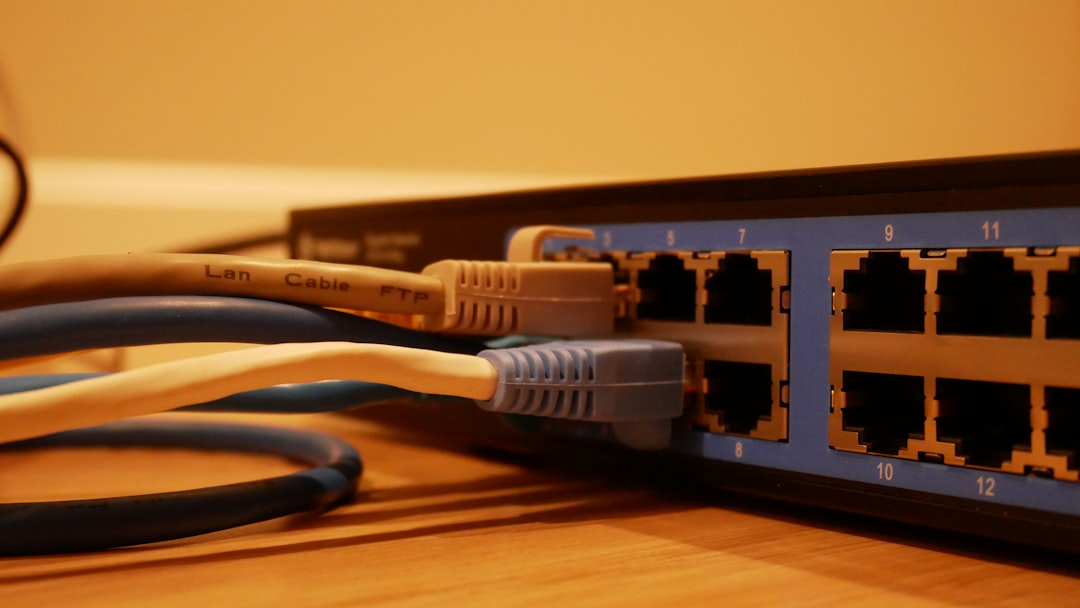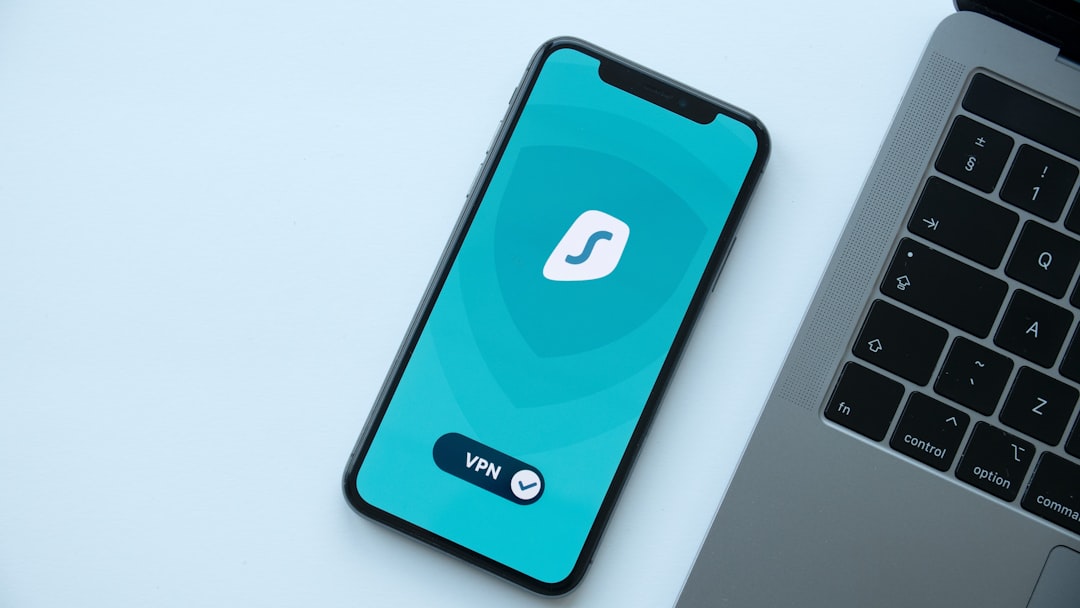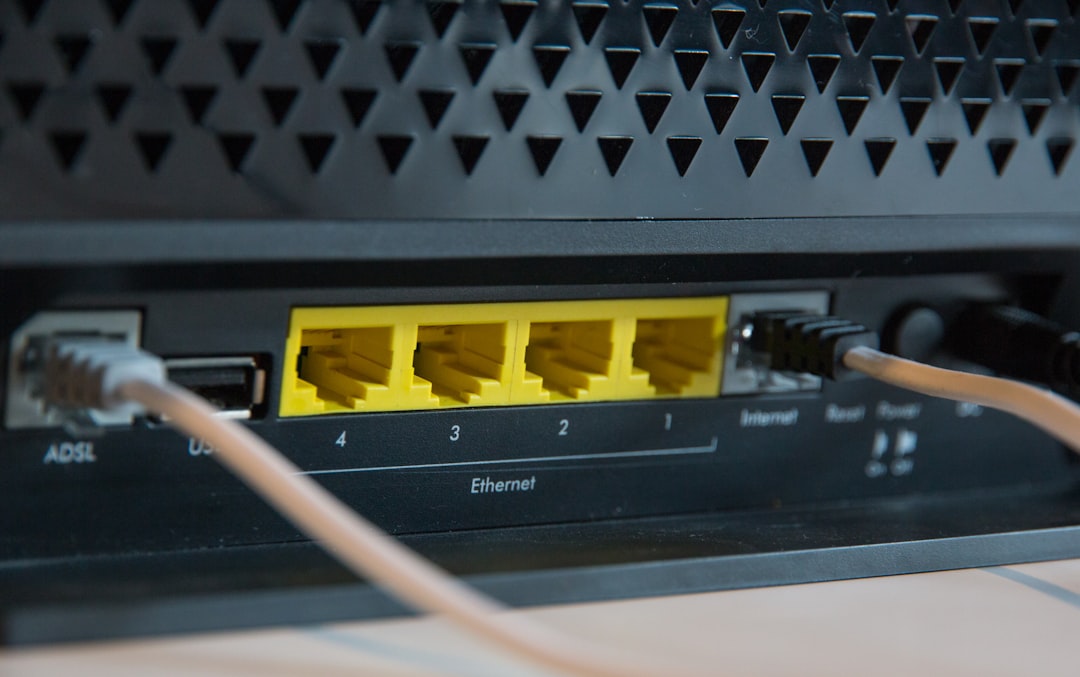Virtual Private Networks (VPNs) are indispensable tools for maintaining privacy, accessing geo-restricted content, and staying secure on public Wi-Fi. However, many users experience slower internet speeds when using a VPN, which can be frustrating—especially when streaming, gaming, or downloading large files. Thankfully, there are several effective ways to speed up your VPN connection and maintain its performance without compromising your privacy.
1. Choose the Right Server Location
One of the most critical factors affecting VPN speed is the server location. When you connect to a server that is geographically far from you, data packets must travel a longer distance, which can cause latency and slow down your connection.
Tip: Always connect to the nearest available server for optimal speed. If your VPN allows it, choose a server in your country or a nearby country with a robust internet infrastructure. If you’re using a VPN to access a service in a specific country, select the server closest to that country’s border.
2. Optimize Your Internet Connection
Even the best VPN can’t make up for a poor internet connection. Before blaming your VPN for reduced speeds, check your base internet speed without the VPN enabled.
- Run a speed test regularly using services like Speedtest.net or Fast.com.
- Use a wired Ethernet connection when possible, as it’s typically faster and more stable than Wi-Fi.
- Ensure your router firmware is up to date and not overloaded with unnecessary devices.

3. Use a Faster VPN Protocol
VPN protocols determine how data is transmitted between your device and the VPN server. Some protocols are more secure but slower, while others offer a better balance between speed and security.
Recommended protocols for speed:
- WireGuard: A modern, lightweight protocol known for excellent speed and security. Many top VPNs now support it.
- IKEv2/IPSec: Especially effective on mobile devices and known for maintaining fast, stable connections.
- OpenVPN (UDP): Offers good speed and security, though not as fast as WireGuard in many cases.
You can usually switch protocols in your VPN app’s settings. If you notice slow speeds, experiment with a different protocol to see what works best with your setup.
4. Disable Unnecessary Features
While features like kill switches, double VPN, and malware protection enhance your security, they can also slow down your connection. If speed is your top priority, consider disabling some of these features temporarily.
Be cautious when doing this, as you are trading off some privacy for performance. Limit this practice only to trusted networks and non-sensitive browsing activities, such as streaming or gaming.
5. Use a High-Quality VPN Provider
Not all VPN services are created equal. Free VPNs often have overloaded servers and bandwidth limits that significantly reduce speed. A premium VPN with a large server network and newer technologies is better equipped to maintain fast, stable connections.
Look for VPNs with the following features:
- Large, distributed server network
- Support for modern protocols like WireGuard
- No bandwidth limitations
- Built-in speed optimization tools

6. Reboot and Reconnect Periodically
Over time, VPN apps can experience slowdowns due to memory leaks or outdated routing tables. Regularly restarting your device or VPN client can restore optimal performance. Also, switching to a different server—especially during peak times—can help you dodge network congestion.
7. Use Split Tunneling
Split tunneling allows you to route some of your internet traffic through the VPN while letting other traffic go through your regular internet connection. This is particularly useful for activities that don’t require encryption, like streaming local content or downloading updates.
By using split tunneling, you can reduce the load on the VPN tunnel and enhance the speed for essential, secure activities.
Final Thoughts
VPNs don’t have to mean slow internet. With the right settings, a reliable provider, and a few simple tweaks, you can significantly improve your VPN speed and keep it fast. Whether you’re working remotely, watching 4K video, or protecting sensitive data on public Wi-Fi, a fast VPN connection enhances both your performance and your peace of mind.
Invest in a good VPN and take the time to optimize its performance. The extra effort upfront can lead to a smoother, more secure online experience in the long run.
